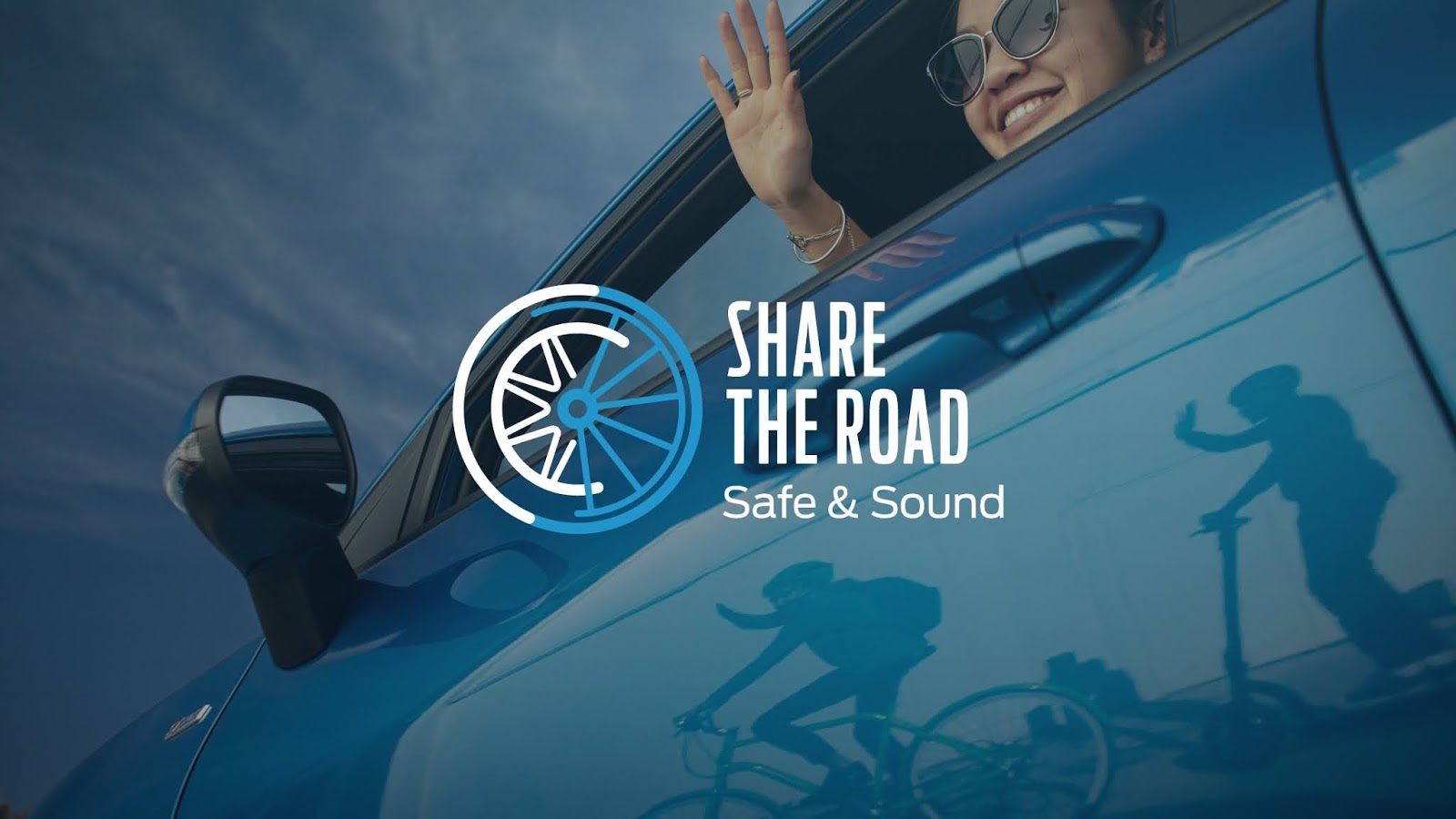
The headphones may be
a wonderful way to listen to music or podcasts, as they help us to enjoy the perfect audio experience, without
Vacation. Many also believe that headphones help them to concentrate
or relax, isolating external noises and distractions.
However, wearing headphones
even when we are on the road - as drivers, cyclists, riders
skates or even pedestrians - can be dangerous. In fact, in some
countries their use is prohibited by law.
Now, a new sound experiment
held on behalf of Ford shows that people who listen to music through headphones
take, on average, more than 4 seconds to recognise potential hazards
on the street by those who don't listen to music.
For the survey, we used
a specially designed '8' experienceD' spatial sound, while over
than 2,000 participants from all over Europe were placed on a virtual road
where their reflexes in potentially dangerous situations were measured. Following
at the end of the experience, most participants stated that they would not
have ever worn headphones on the move before.
Being part of the
known campaign 'Share The Road' of Ford to promote harmony and understanding between road users,
the research was designed to highlight the role that hearing plays in the
our ability to recognise and react to road hazards.
Research
In the context of the research that
was made on behalf of Ford studied the road use and listening habits of most of the people in the
2,000 people from France, Germany, Italy, Germany, Spain and the United Kingdom
Kingdom, who were asked whether they were prepared to
take risks when driving a car, cycling, walking or moving around
on a roller-skate.
Most of the
participants said they use headphones on the move. Of these, 56% admits
that it was or has been involved in an accident, with the 27% even wearing
headphones in these incidents.
Then, the participants
were asked to "run" on their mobile phones the specially designed application Share The Road: Safe & Sound in order to measure the effect of the use of
hearing aids in their ability to respond to auditory stimuli.
The app uses '8' technologyD' spatial sound to help participants "immerse" themselves in the
virtual street. Directional sound is achieved through a complex process
displacement and levelling, which allows the app create very realistic auditory stimuli - such as
for example an emergency vehicle approaching from behind.
The reaction times of the
participants to such risks were measured in three different scenarios, both
with or without music playback through the user's headphones. Per
on average, participants were 4.2 seconds slower in recognising and
reaction of a danger on the street when they heard music.
Asking questions to the
participants before and after the trial, researchers were able to
find out how effective was the app changing perceptions and attitudes towards road safety
Safety.
Before the test, the 44%
of people said that they would not wear headphones while driving. After the test, the
58% of people pledged never to wear them again - an increase of 31%.
Meanwhile, fewer 64% said they would listen to music through headphones
while on the move.
Share The Road
Η Ford now makes the experience available to everyone Share The Road: Safe and Sound via app to find out how important auditory stimuli can be when
sharing the road with others - from a smartphone visit the https://fordsharetheroad8d.com
Previously, the group 'Share The Road' created the WheelSwap, an award-winning experience
virtual reality (VR) that encourages empathy between drivers and cyclists
highlighting the potentially fatal consequences of reckless driving
of a vehicle. Last year, the Ford revealed an original 'Emoji Jacket' to show how smart design and graphics can improve the quality of the
significantly improve communication and reduce tensions between users of the
roads.
Comments
"Sound plays an important role
role in our ability to understand our environment - very often we hear
important events happening around us before we even see them. Can the headphones
provide us with many advantages in many cases, but on the road it can
block important auditory stimuli, which means that we may be unable to
to detect vehicles or other road users next to us, and by doing so
that we put both them and ourselves in danger."
Dr Maria Chait, Professor Acoustics Cognitive Neuroscience, University College London
"With this survey we highlight
an important issue for road safety that is often not identified by
radar. Accessible to all via a smartphone, we hope that the experience Share The Road: Safe and Sound will help people to better understand what
really means wearing headphones while on the road."
Emmanuel Lubrani,
'Share The Road', Ford Europe






